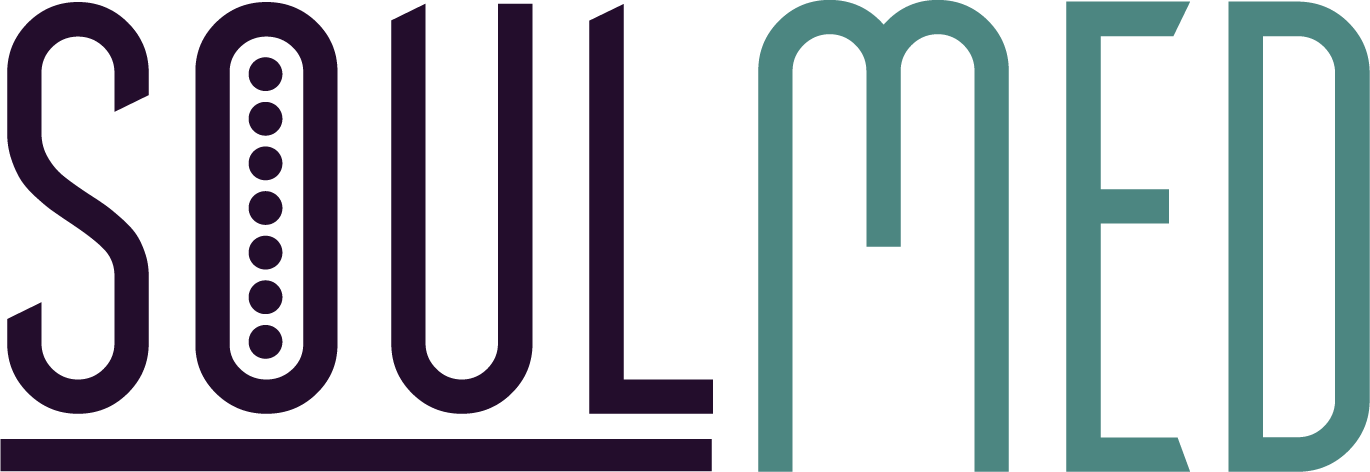It is often said that closure is a myth. That’s partly true. If you are seeking closure through someone else … then … yeah … sis … you won’t get it. If you are looking deep within to get closure; well, you are on the right track.
Closure is only something you can give yourself. Dr. Abigail Brenner gives five ways to give yourself closure:
1. Take full responsibility for yourself.
It's ultimately up to you to take the necessary actions to help move you forward. Have conversations with yourself, both asking and answering your own questions in a form of a "self-dialogue."
What or whom are you holding onto? Why?
Does holding on truly make you happy, or are you hanging on to a situation the way it once was, or the way you wished it had been, instead of how it actually turned out?
Are you using this "holding on" as an excuse to stay stuck and unresolved? In other words, is dwelling in the past taking you away from moving toward your future?
Are you trying to avoid dealing with loss and the void that loss creates?
If you're willing to let go, what does that really mean? What will you have to do?
Are you afraid of not knowing what the outcome will be?
Ultimately, what do you believe will happen to you if you let go?
Being as honest as you can be will pay off in the long run. The pain, hurt, anger, and disappointment will diminish once you've cleared the way to a better, more realistic understanding of the situation.
2. Grieve the loss.
Take plenty of time to do this. There is no set amount of time and no prescribed way; it's totally up to each person to find that for themselves. Don't let anyone tell you to "just get over it." However, grieving should not go on for years. That's just being stuck, still heavily invested in the past.
Prolonged or incomplete grief may contribute to making poor choices in the future. The ability to trust, to be honest, and to be yourself is essential for a new, healthier relationship or situation to present itself to you. "Unfinished business" must be completed and resolved before you move on.
3. Gather your strengths.
Focus on the positives. Make a list of your talents, gifts, and assets.
Surround yourself with people who know you well, encourage and support you.
Shift the emphasis to what you need, what makes you happy. Don't worry about pleasing others.
Assess where you can make positive change in your life.
Define and affirm what you're able to do something about now.
4. Make a plan for the immediate future.
Determine what's most important for you moving forward. If necessary, reorder your priorities to allow you to explore different possibilities and opportunities that may present themselves to you. Try some of these on for size. It doesn't matter if they don't work out, just that you tried. The important thing is to take action in order to make things happen. If you can't find a path, make one!
5. Create a ritual.
Believe it or not, performing a ritual is a powerful tool to help gain closure. Beyond thinking and talking, and thinking and talking some more, ritual is driven by intention and action. A "symbolic enactment" allows you to utilize your creativity and intuition in order to bypass the intellectual, logical part of your brain.
For example, when a relationship is over, what do you do with all of the meaningful items and objects, such as letters, pictures, etc., that were part of the relationship? A "fire ceremony" is a way to consume the past, but any number of rituals that you personally create can provide symbolic finality and closure.





